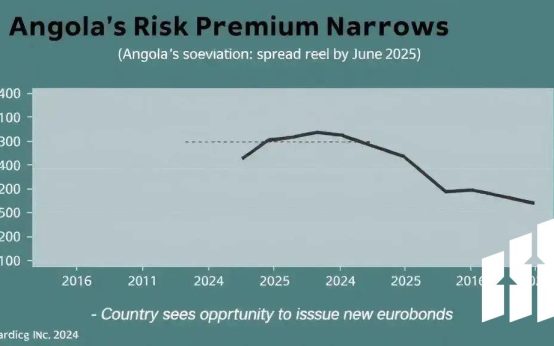The Central Bank of Chile has decided to maintain the interest rate at 4.75% as a strategy to support economic stability and manage inflation. This steady rate can encourage borrowing and investment, aiding businesses and consumers. The decision reflects a careful approach to navigating current economic challenges while fostering growth.
The Central Bank of Chile plays a vital role in the country’s economy. Recently, it decided to keep the interest rate steady at 4.75%. This decision reflects their approach to managing inflation and stimulating economic growth.
By maintaining this rate, the bank aims to provide stability. A stable interest rate can help businesses plan better and encourage investment. This is particularly important in uncertain economic times.
Why Is the Interest Rate Important?
The interest rate affects many aspects of the economy. When rates are low, borrowing becomes cheaper. This encourages people to take loans for homes, cars, and businesses. Conversely, higher rates can slow down spending and lending.
Current Economic Climate
Chile’s economy faces challenges, like inflation and global market fluctuations. By keeping the interest rate at 4.75%, the Central Bank hopes to manage these issues effectively. They’re taking a cautious approach to ensure that growth can continue without pushing inflation higher.
The decision also signals confidence in the economy’s ability to rebound from recent challenges. It’s crucial for citizens and businesses to understand how these rates impact daily life.
Looking Ahead
Future decisions will depend on various factors including economic data and global trends. The Central Bank closely monitors these elements to adjust rates as needed. Understanding these dynamics can help people make informed financial choices.
Conclusion
In conclusion, the decision of the Central Bank of Chile to keep the interest rate at 4.75% is significant for the economy. It aims to provide stability and encourages investment during uncertain times. By understanding how these rates affect daily life, individuals and businesses can make better financial choices.
As the economy evolves, the Central Bank will continue to adapt its strategies based on economic data and trends. Keeping an eye on these changes helps everyone stay informed. The goal is to support growth while managing inflation. Ultimately, understanding these decisions can empower people to navigate their financial futures more effectively.
FAQ – Frequently Asked Questions about Interest Rates in Chile
Why did the Central Bank of Chile keep the interest rate at 4.75%?
The Central Bank maintained the rate to provide stability and encourage investment while managing inflation.
How does the interest rate affect my borrowing options?
A stable interest rate makes borrowing cheaper, enabling people to take out loans for homes and businesses more easily.
What challenges does the Chilean economy currently face?
The economy faces challenges like inflation and global market fluctuations, which the Central Bank aims to manage with these rates.
What happens to the economy if interest rates rise?
If interest rates rise, borrowing becomes more expensive, which can slow down spending and investment in the economy.
How can I stay informed about changes in interest rates?
You can stay informed by following news outlets, financial updates, and the official announcements from the Central Bank.
What should I consider before taking a loan in this economic climate?
Consider the current interest rates, your budget, and the stability of your income to ensure you can manage loan repayments.


 Miran Highlights Dual Goals of Fed and Interest Rate Outlook
Miran Highlights Dual Goals of Fed and Interest Rate Outlook  Are You a Robot? Unusual Activity Detected on Bloomberg
Are You a Robot? Unusual Activity Detected on Bloomberg  Keir Starmer Leads Business Delegation to India for Trade Pact
Keir Starmer Leads Business Delegation to India for Trade Pact  Takaichi Appoints Ex-Finance Minister as Secretary General of LDP
Takaichi Appoints Ex-Finance Minister as Secretary General of LDP  Argentina Continues Dollar Sales Amid Weakened Peso Crisis
Argentina Continues Dollar Sales Amid Weakened Peso Crisis  White House Calls on Democrats to Resolve Ongoing Government Shutdown
White House Calls on Democrats to Resolve Ongoing Government Shutdown